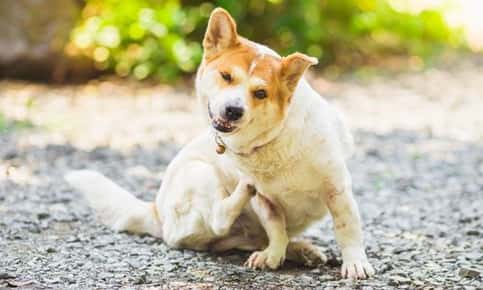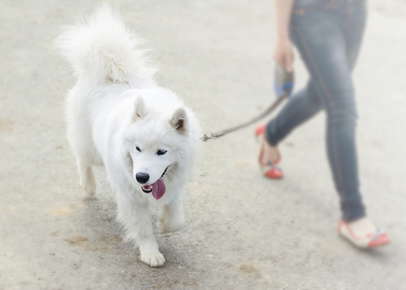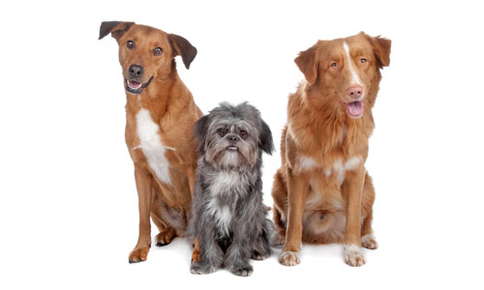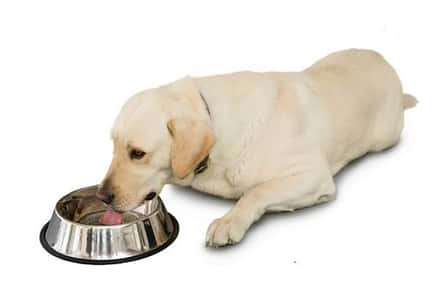Potty training your dog can be easy or difficult…the difference is in how much time and dedication you are willing to put into training. Follow these simple tips to get your puppy on the right path to accident-free living.
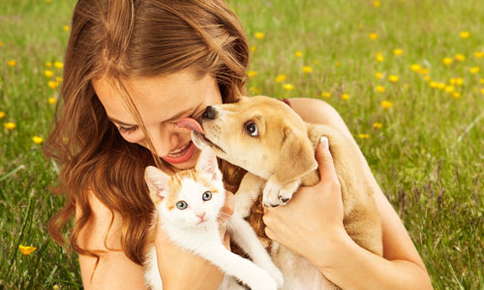
Set a schedule:
Decide on a schedule and stick to it. In a family situation where many people are caring for your puppy, post a schedule for everyone to see. Remember puppies will require more walks than adult dogs. While you may need to walk twice in the morning when your dog is a puppy, you can probably eliminate one of those walks as an adult.
Potty breaks are also necessary after eating, naptime, and playtime. Limiting the amount of time your puppy has to go without a bathroom break, limits chances of accidents. If you can, plan to be home with your new puppy the first week they are home. This will reinforce potty training and help your puppy adjust.
Always go in one place and remember why you are there:
Bring your puppy to the same place outside, each time you want him or her to go potty. Do not let your puppy play, sniff, or explore anything outside until they have gone potty. By doing this you are saying “when we go outside, potty comes first and this is where to do it.”
It is important to teach your puppy that potty comes before play. Otherwise, you could be outside until your puppy is ready to go. Puppies need structure, and going to the potty at the same time and in the same place is a great start.
Reward immediately:
As soon as your dog goes potty, have a treat already in your hands to turn over to your dog. Never hesitate in giving a treat. If you wait until later, or after you return indoors, it will not be clear why you are giving a treat. A treat given as soon as a puppy goes potty will reinforce the message about going outside.
Give lots of praise when you give the treat. While your dog will not understand the words “Good Boy!” or “Good Girl!” they will understand the tone of voice you use to praise them.
It is a good idea to use a crate when you are not home, this will keep accidents from happening in undiscovered places in the home. Dogs will also try not to go potty where they sleep, the crate will reinforce the outside routine. In order to further avoid an accident in the crate, make sure you either buy a crate that fits the puppy or block off a bigger crate with an empty box.
These are the three most important aspects of potty training. Using schedules, a designated potty spot, and a timely reward system will help prepare your new puppy for an accident free future. Make sure the whole family is on board and knows the plan. Routines and dedication are the keys to making potty training a success!
